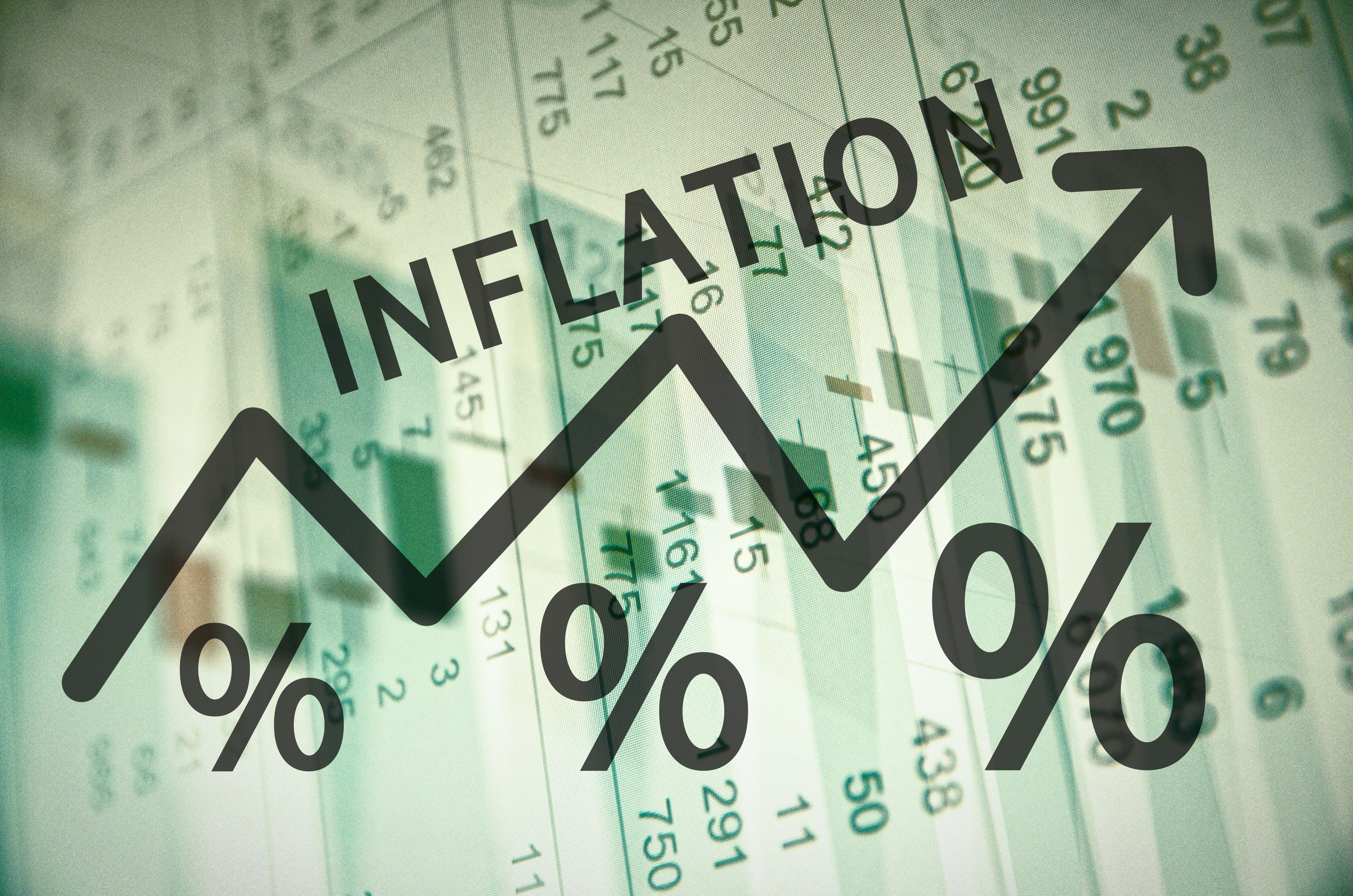Economy and Trade
What Is It?
Consumer inflation is a measure of the rate at which the average price of a basket of selected goods and services in an economy increases over time. Rising prices mean that a unit of currency effectively buys less than it did in prior periods.
How Is It Calculated?
Multiple types of inflation values are calculated and tracked as inflation indexes. The most commonly used inflation index is the Consumer Price Index, which is calculated by taking price changes for each item in a predetermined basket of goods and averaging them based on their relative weight in the whole basket.
What Does It Mean?
Consumer inflation indicates a decrease in the purchasing power of a nation’s currency. It can have positive and negative economic effects.
- Inflation decreases the purchasing power of the local currency.
- As inflation is typically caused by excess money supply (printing money), inflation is seen as a government tax on those who save money or have fixed incomes.
- Inflation has the effect of increasing the value of tangible assets such as real property or stock commodities while diminishing the value of cash holdings.
- Inflation has the effect of decreasing the cost of exported goods when payment is made in a foreign currency that has not decreased in value.
- Economists maintain that a certain amount of inflation is necessary to nurture economic growth by promoting spending rather than saving.
Copyright © 1993—2025 World Trade Press. All rights reserved.

 Spain
Spain 